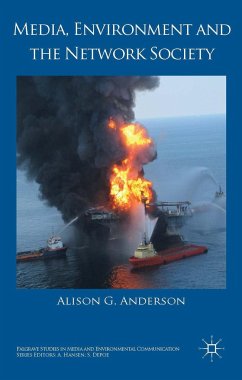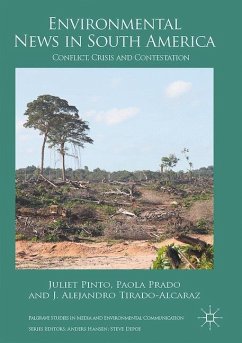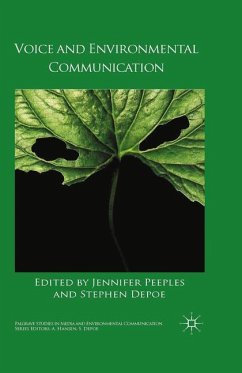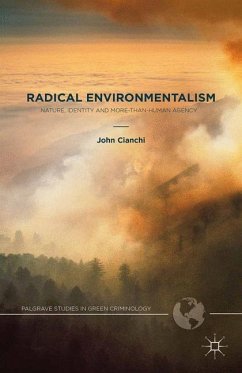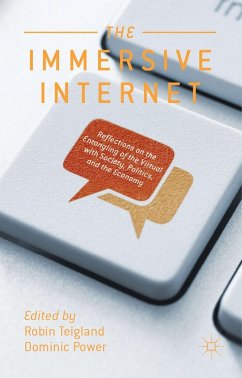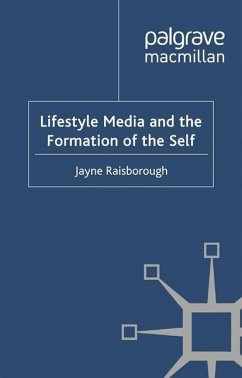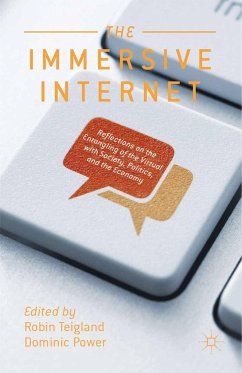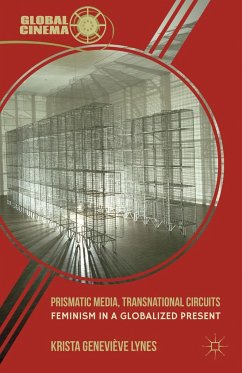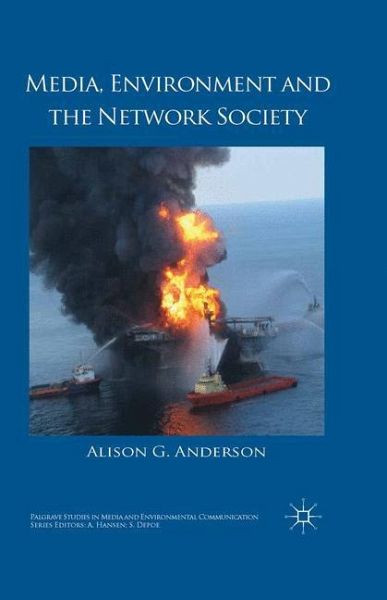
Media, Environment and the Network Society
Versandkostenfrei!
Versandfertig in 6-10 Tagen
38,99 €
inkl. MwSt.
Weitere Ausgaben:

PAYBACK Punkte
19 °P sammeln!
The news media has become a key arena for staging environmental conflicts. Through a range of illuminating examples ranging from climate change to oil spills, Media, Environment and the Network Society provides a timely and far-reaching analysis of the media politics of contemporary environmental debates.





